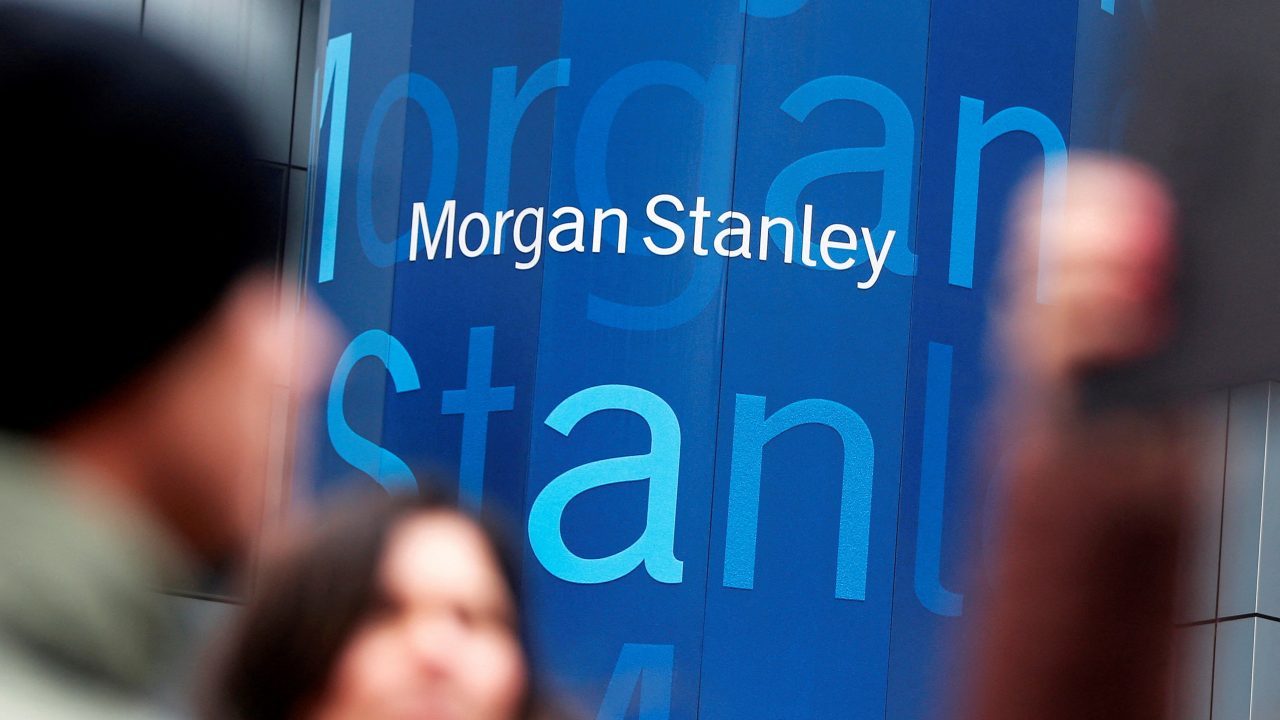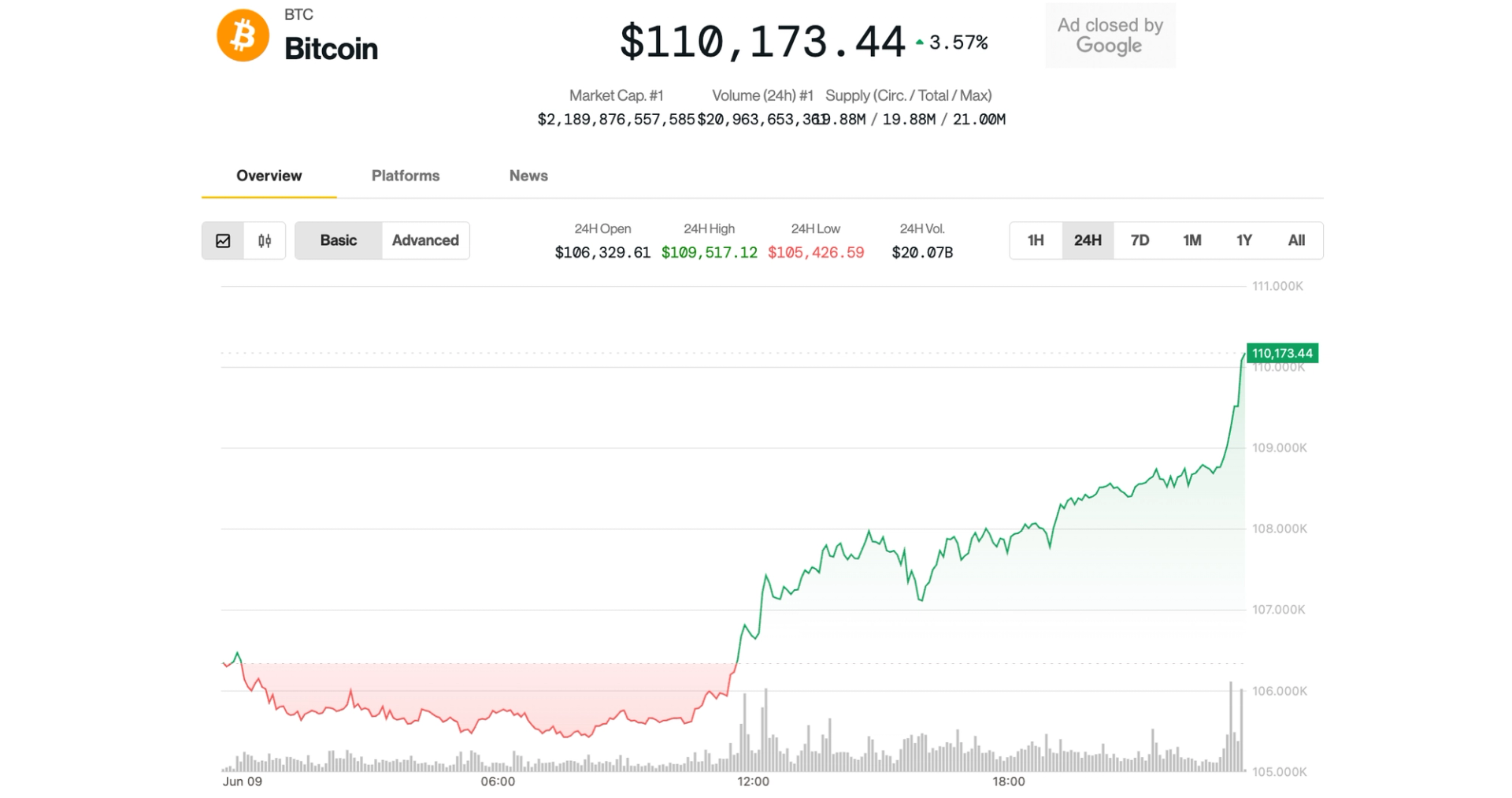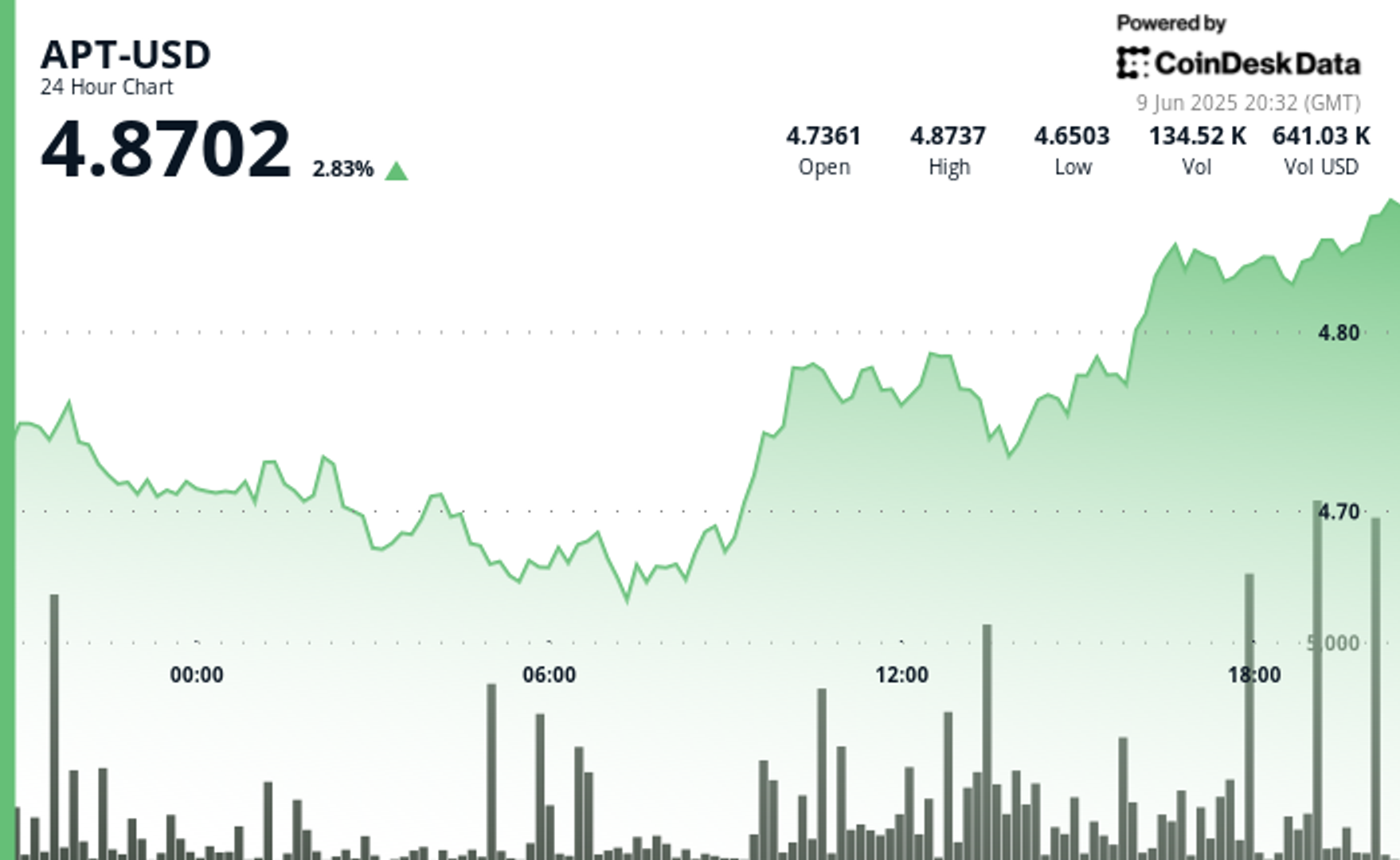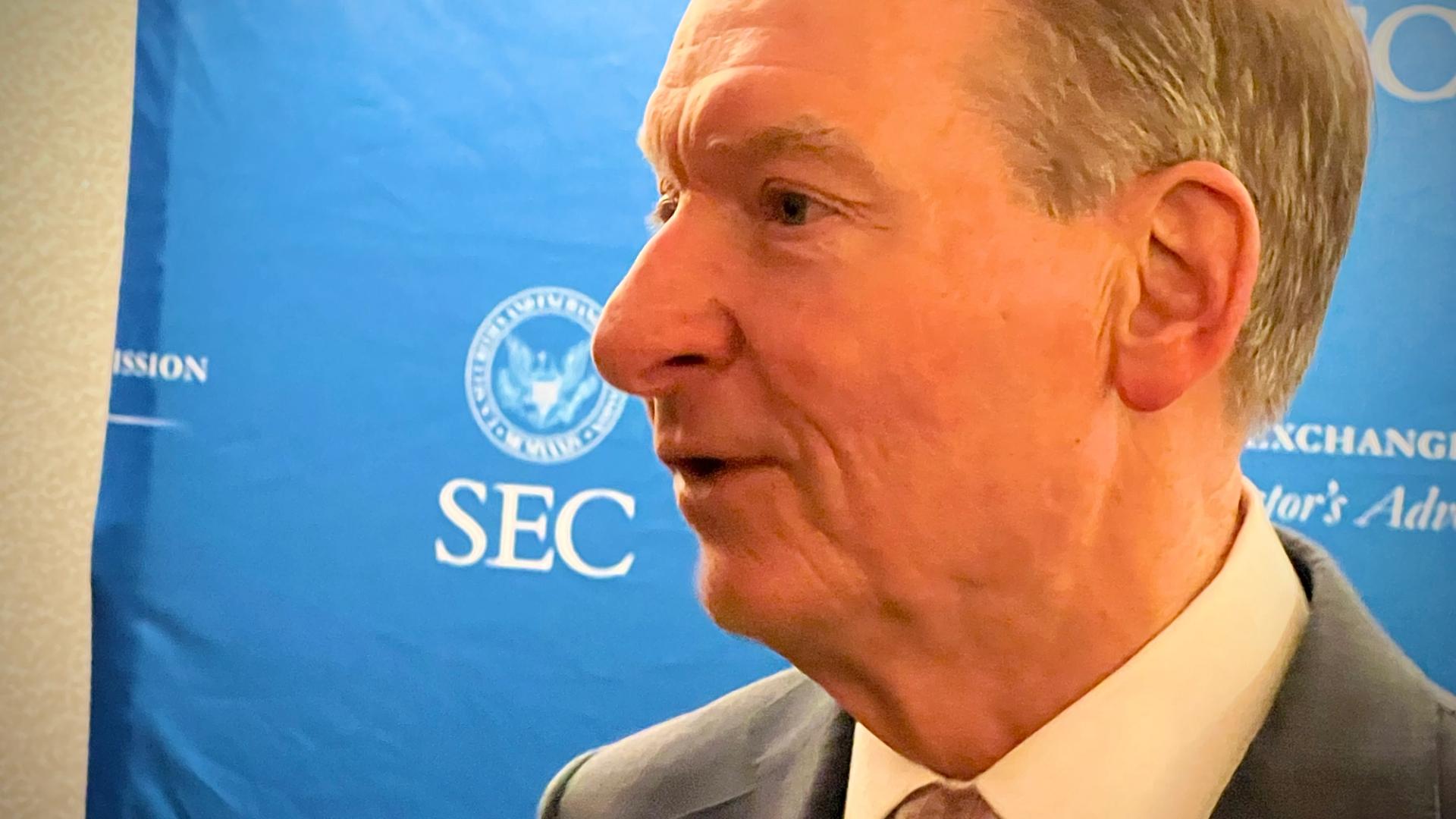
Morgan Stanley’s top stock market strategist said in a note that any stock market decline that’s linked to Moody’s downgrade of the U.S. credit rating would likely create a buying scenario for the firm.
Mike Wilson, chief stock market strategist at Morgan Stanley, said in his weekly research note that the temporary reduction of tariffs between the U.S. and China was one item that could lead to a more durable rally. A stock market decline following Moody’s downgrade would present an opportunity to buy the dip.
Wilson said that the equity-return-to-bond-yield correlation is currently close to 0 on a scale of -1 to 1. “In our view, a breakout of the 10-year yield above 4.50% would take this correlation negative, and drive more rate sensitivity for equities,” he said.
“Moody’s late-day downgrade of the U.S. credit rating last Friday is also worth considering in this conversation, though Moody’s is the last ratings agency to downgrade the U.S. credit rating, a process that began 14 years ago in the summer of 2011,” Wilson wrote.
MOODY’S DOWNGRADES US CREDIT RATING OVER RISING DEBT
“In short, a break above 4.50% in the 10-year yield can lead to modest valuation compression (5% compression is around what we’ve gotten in prior historical analogs) — we would be buyers of such a dip,” he said.
Wilson’s note said that Morgan Stanley economists are less optimistic about two other items on their checklist for a durable market rally, including conditions that would allow the Federal Reserve to start cutting interest rates and a lower yield on the 10-year Treasury note.
TREASURY SECRETARY BESSENT DISMISSES MOODY’S US CREDIT DOWNGRADE AS ‘LAGGING INDICATOR’
The firm’s forecast projects that the core personal consumption expenditure (PCE) index, a key inflation gauge, is projected to rise in May and continue to increase over the summer. Core PCE was 2.6% in April while the standard PCE index was 2.3% last month — both figures are above the Fed’s 2% target rate.
“In short, we’re unlikely to see near-term progress on the last two items on our check list for a more sustained rally — a more dovish Fed and the 10-year yield below 4.0% without recessionary data,” Wilson wrote.
CBO SAYS US BUDGET DEFICITS TO WIDEN, NATIONAL DEBT TO SURGE TO 156% OF GDP
Moody’s Ratings on Friday downgraded the U.S. credit rating one notch from its top tier of Aaa to Aa1, explaining that the move “reflects the increase over more than a decade in government debt and interest payment ratios to levels that are significantly higher than similarly rated sovereigns.”
“Successive U.S. administrations and Congress have failed to agree on measures to reverse the trend of large annual fiscal deficits and growing interest costs,” the firm said. “We do not believe that material multi-year reductions in mandatory spending and deficits will result from current fiscal proposals under consideration.”
GET FOX BUSINESS ON THE GO BY CLICKING HERE
Moody’s added that it sees the federal government’s fiscal outlook worsening in the years ahead, with spending on entitlement programs like Medicare and Social Security continuing to rise amid the aging of the U.S. population and interest payments on the debt rising due to higher interest rates and widening deficits.





